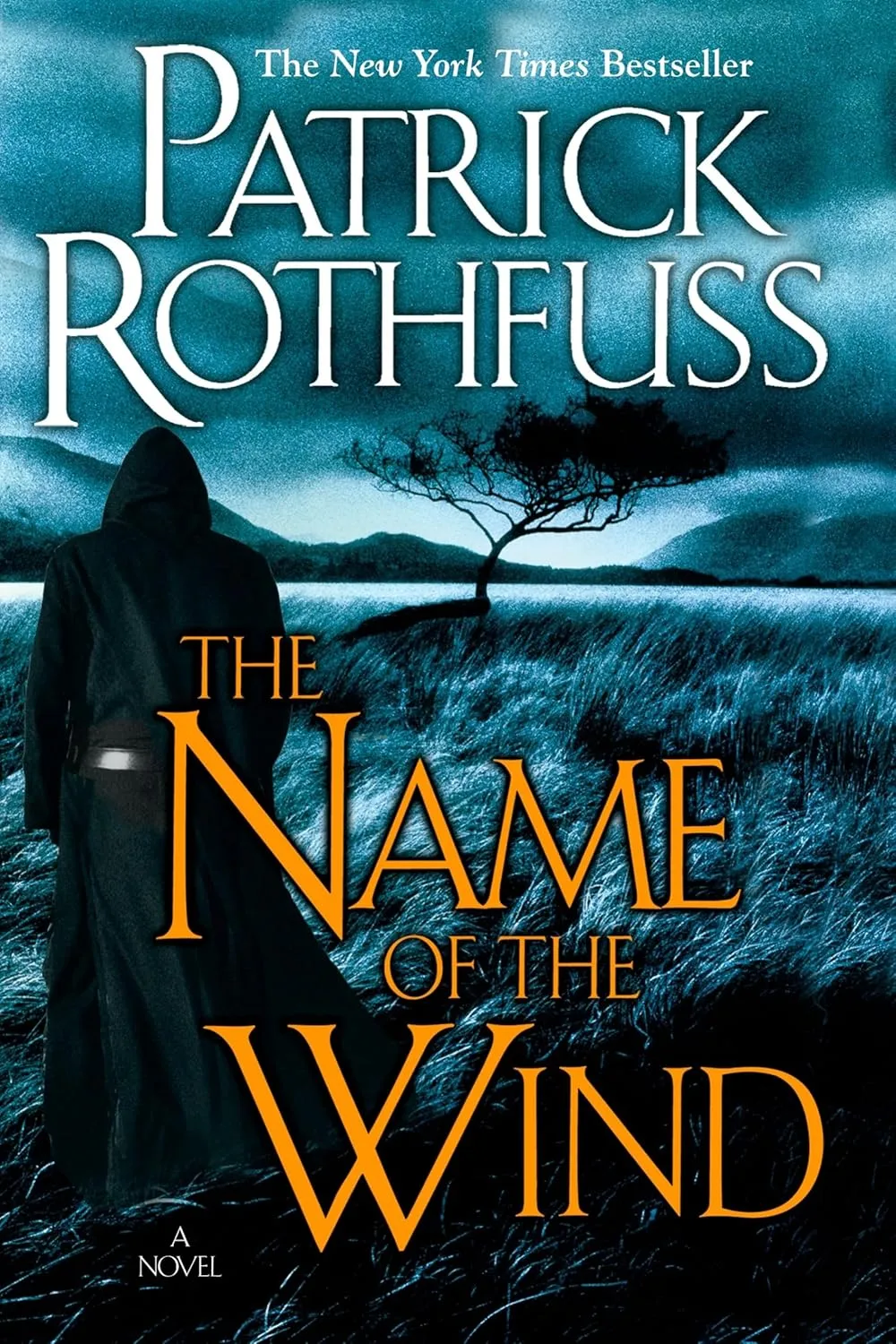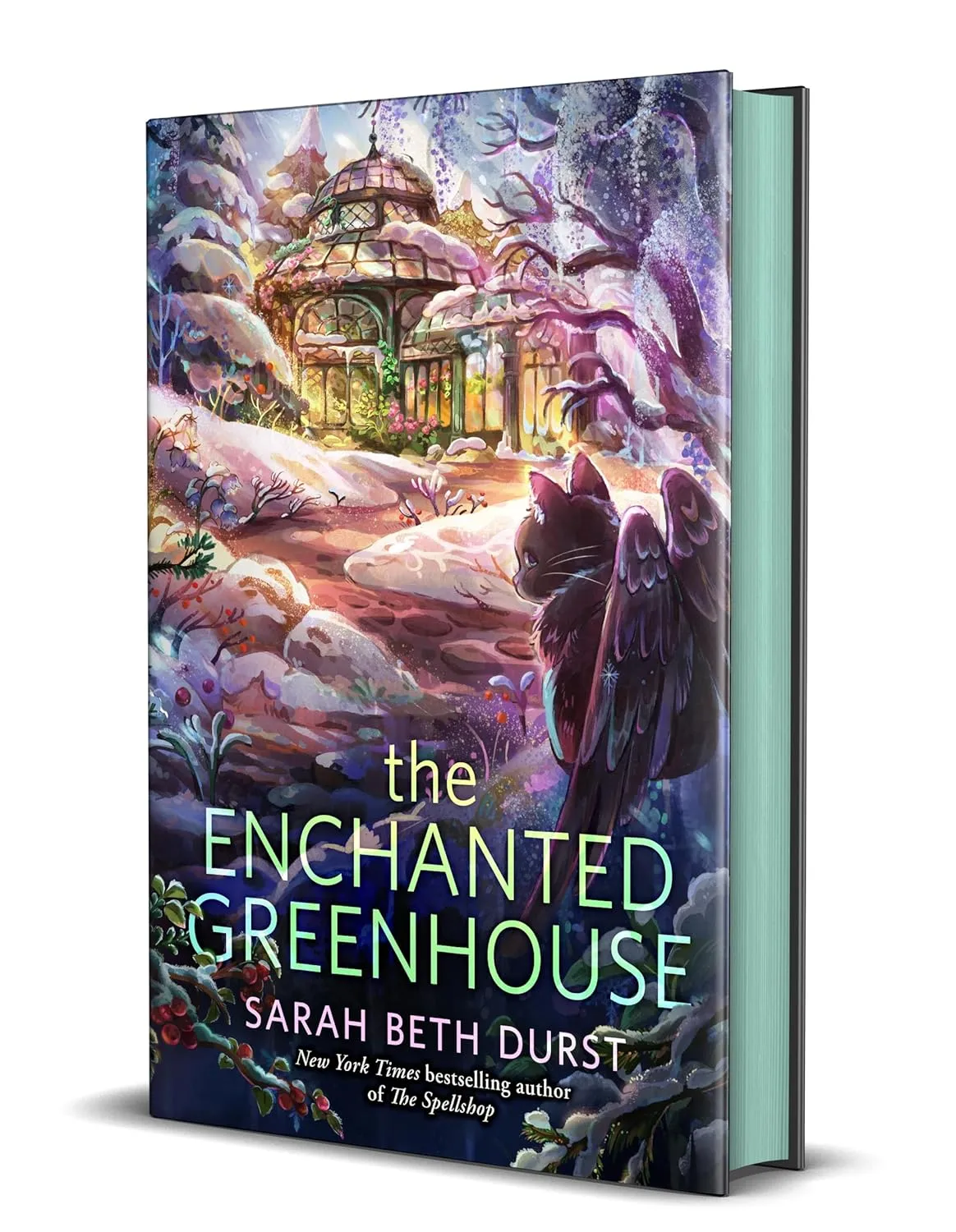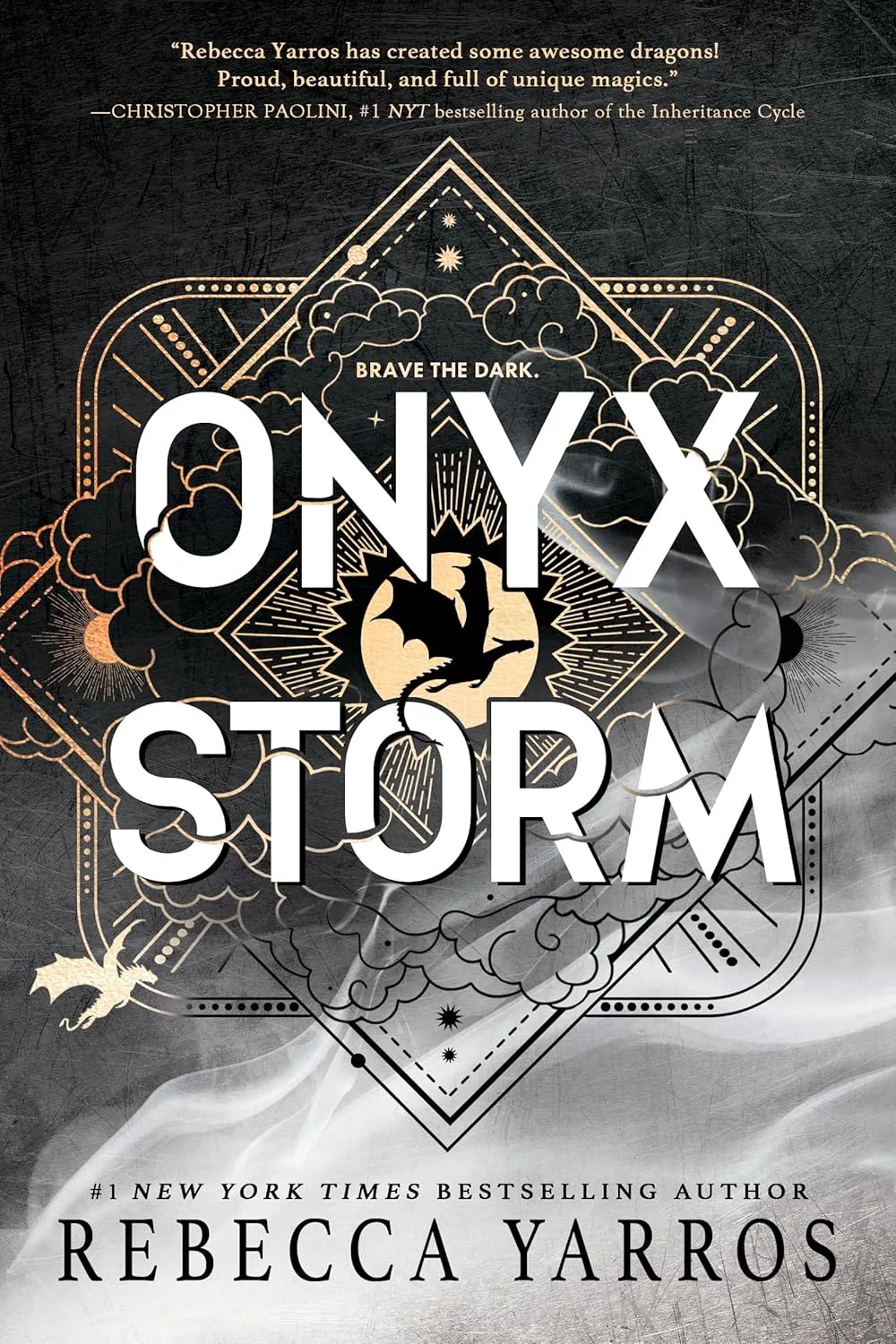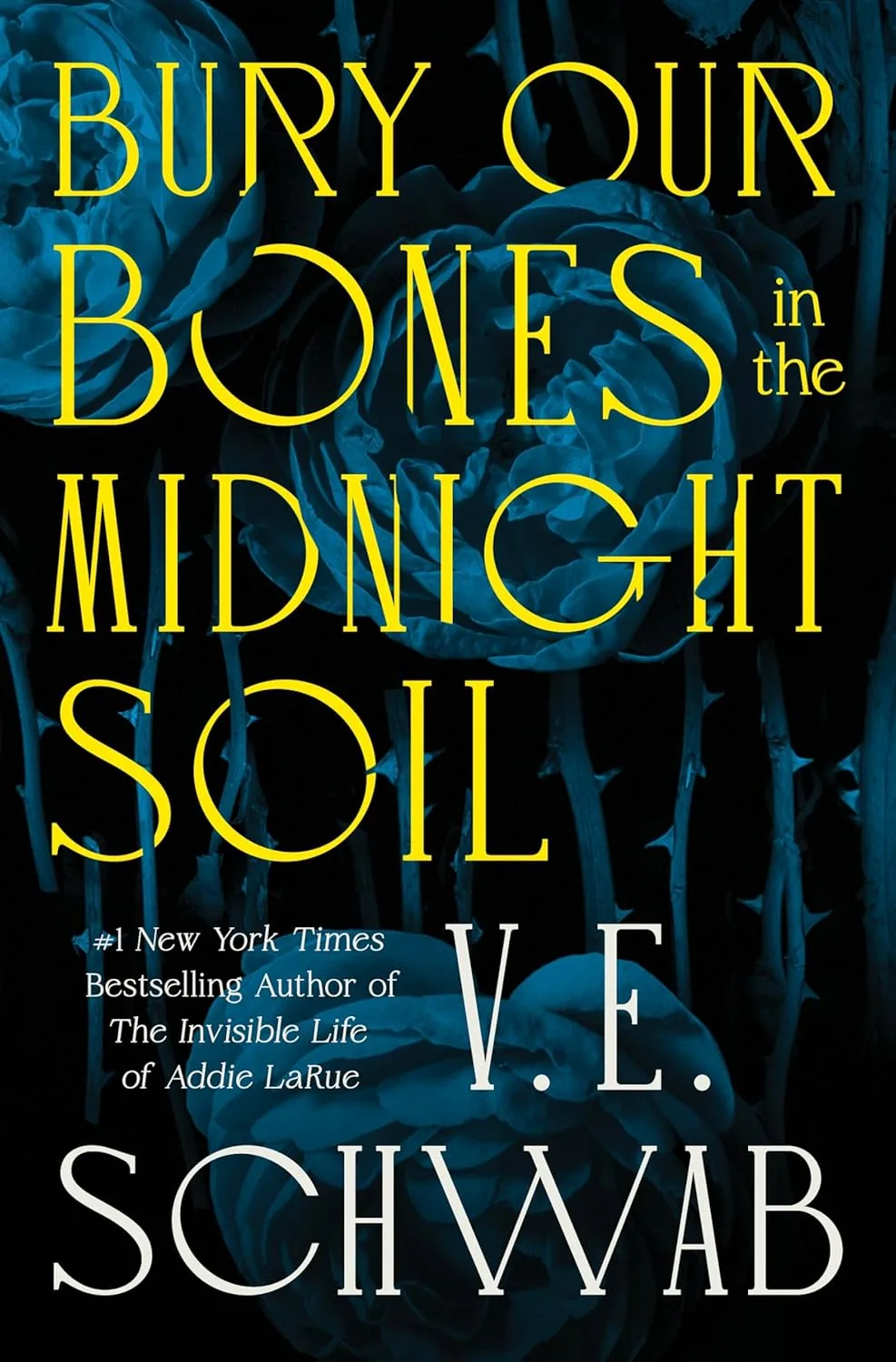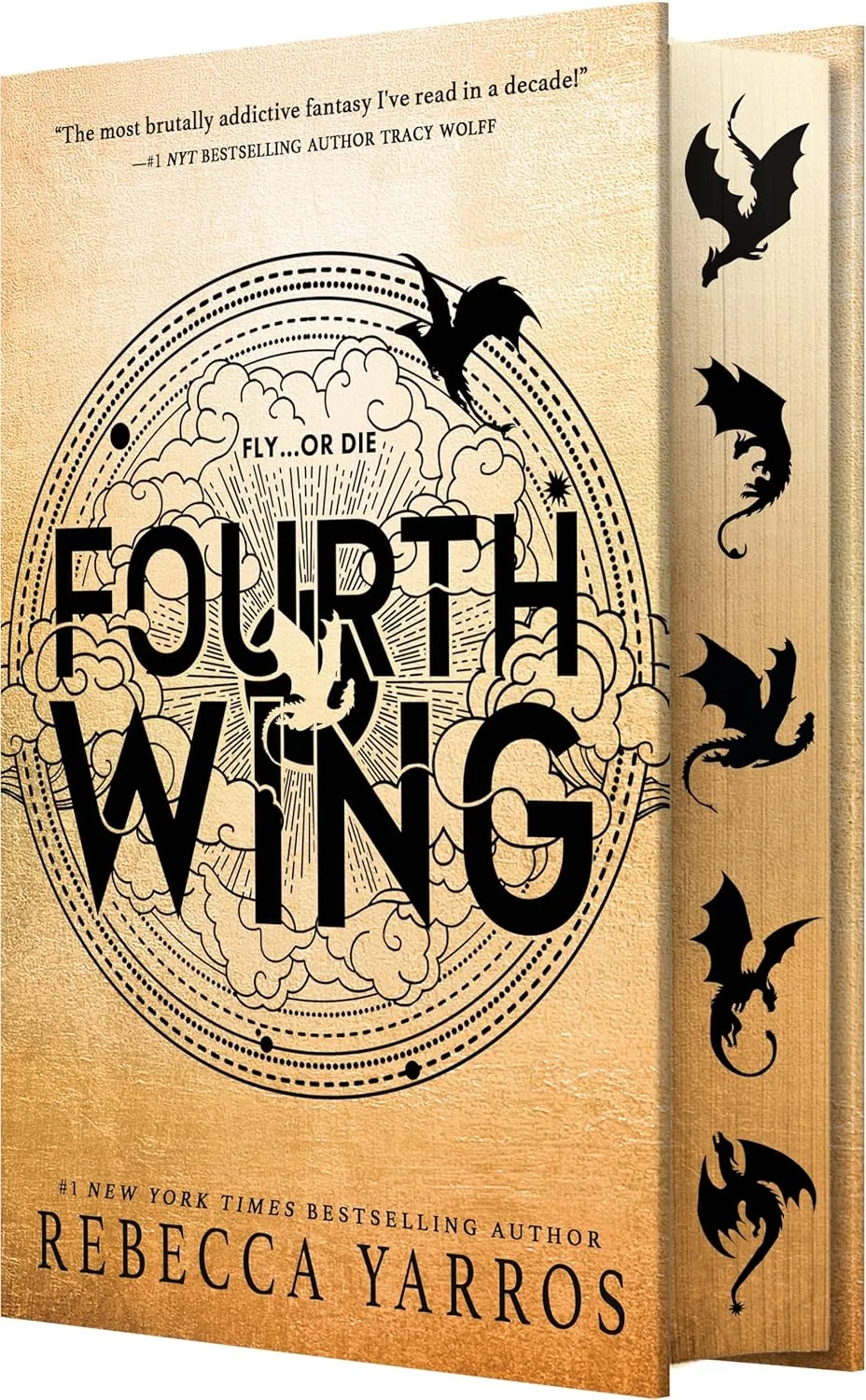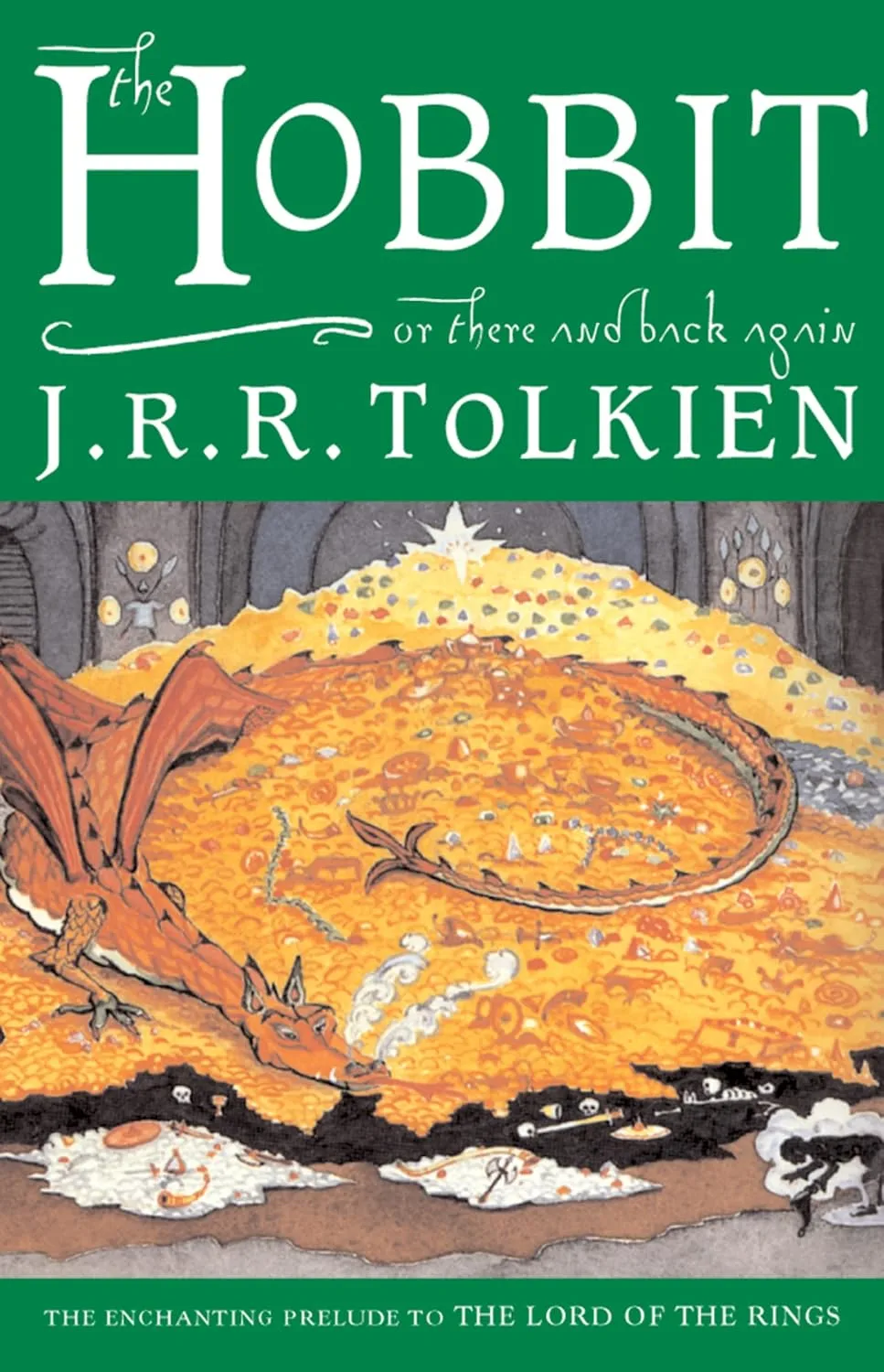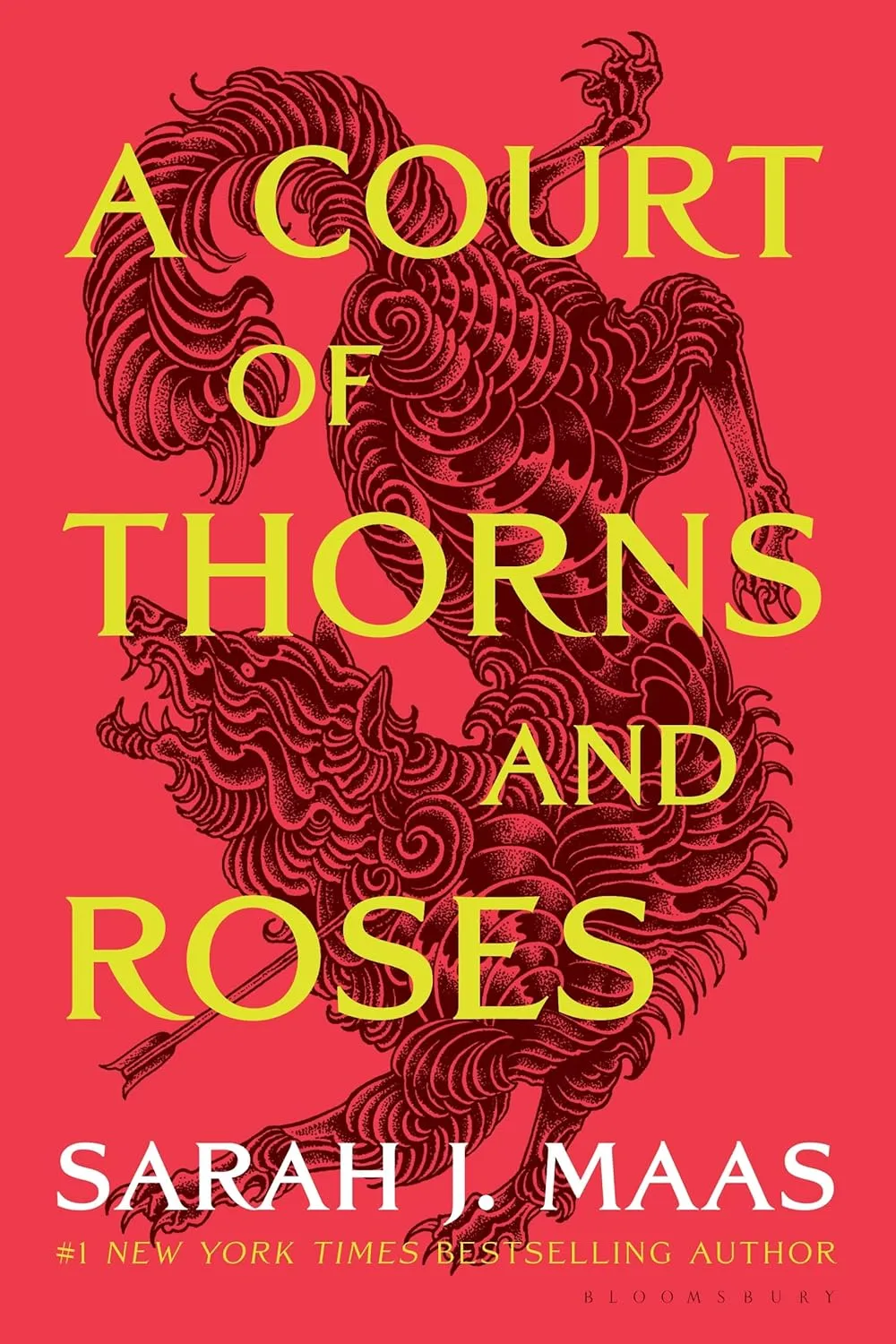The Name of the Wind isn’t just fantasy—it’s a masterclass in what it means to chase greatness, to fail, to suffer, and to narrate your own legend. In this reflection-style post, we explore Kvothe’s psychological arc and what readers can take away from his brilliance and flaws.
1. Kvothe as a Study of the Gifted but Undone
Kvothe is a prodigy: in music, magic, memory, and language. But the more gifted he is, the more isolated, arrogant, and impulsive he becomes. His story mirrors the real-world struggles of gifted individuals:
- Social disconnection
- Emotional volatility
- Obsession with mastery
- Fear of mediocrity
Takeaway: Genius without grounding becomes a curse.
2. Storytelling as Power — And Protection
The novel constantly asks: Who owns your story?
Kvothe’s decision to tell his version to the Chronicler is more than narrative—it’s self-defense. Legends about him are warped and dangerous. By telling his truth, he:
- Reclaims his identity
- Controls the myth
- Hides as much as he reveals
Takeaway: Stories don’t just inform — they protect, manipulate, and define legacies.
3. The Cost of Knowing Too Much
Kvothe doesn’t just learn magic—he hungers for knowledge, especially about the Chandrian (his family’s killers). But knowledge has a cost:
- He’s expelled, punished, and nearly killed for it.
- His obsession blinds him to friendships and love.
- It deepens his trauma instead of healing it.
Takeaway: Knowledge without wisdom is like a blade without a hilt — easy to grasp, deadly to hold.
4. Music as Identity
Music isn’t a hobby in this story—it’s Kvothe’s anchor. In a life filled with death, betrayal, and uncertainty, music is:
- Memory of his parents
- Bridge to love (Denna)
- His only source of income
- An act of spiritual survival
Takeaway: Art isn’t decoration—it’s salvation.
5. Why the “Hero’s Journey” Isn’t the Point
Unlike typical fantasy heroes:
- Kvothe isn’t saving the world.
- He’s not “chosen.”
- He’s brilliant but often wrong.
His journey is internal — he’s fighting ego, grief, and his own legend. That’s what makes it powerful.
Takeaway: The Name of the Wind isn’t about the hero — it’s about the human behind the myth.
Final Reflection
This second look at The Name of the Wind shows that its true brilliance lies beneath the magic system or world-building.
It’s a mirror for ambition, trauma, pride, and the hunger to be seen and remembered — told through some of the most beautiful prose in modern fantasy.
Related Reads
- 🧠 [Atomic Habits – What Kvothe Could’ve Learned About Discipline]
📖 Buy The Name of the Wind on Amazon
🧝 Browse More Fantasy Summaries
🧝 Read The Name of the Wind Full Summary

